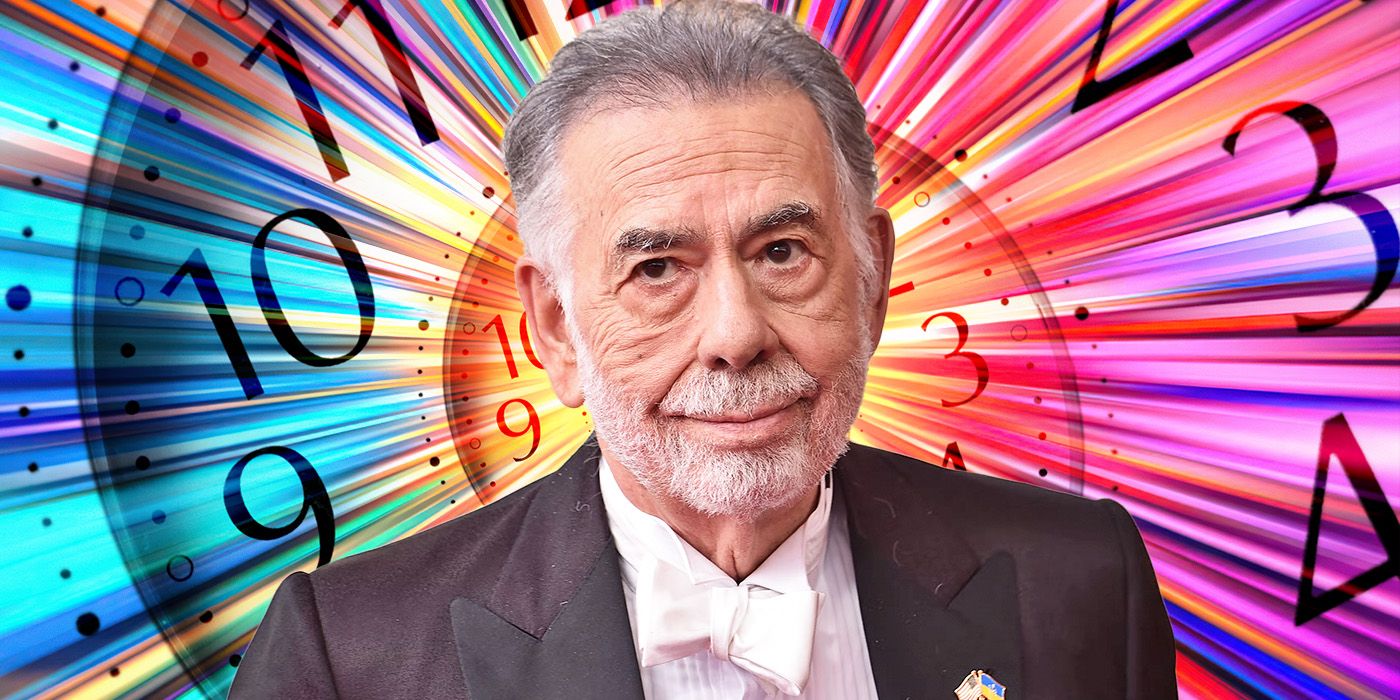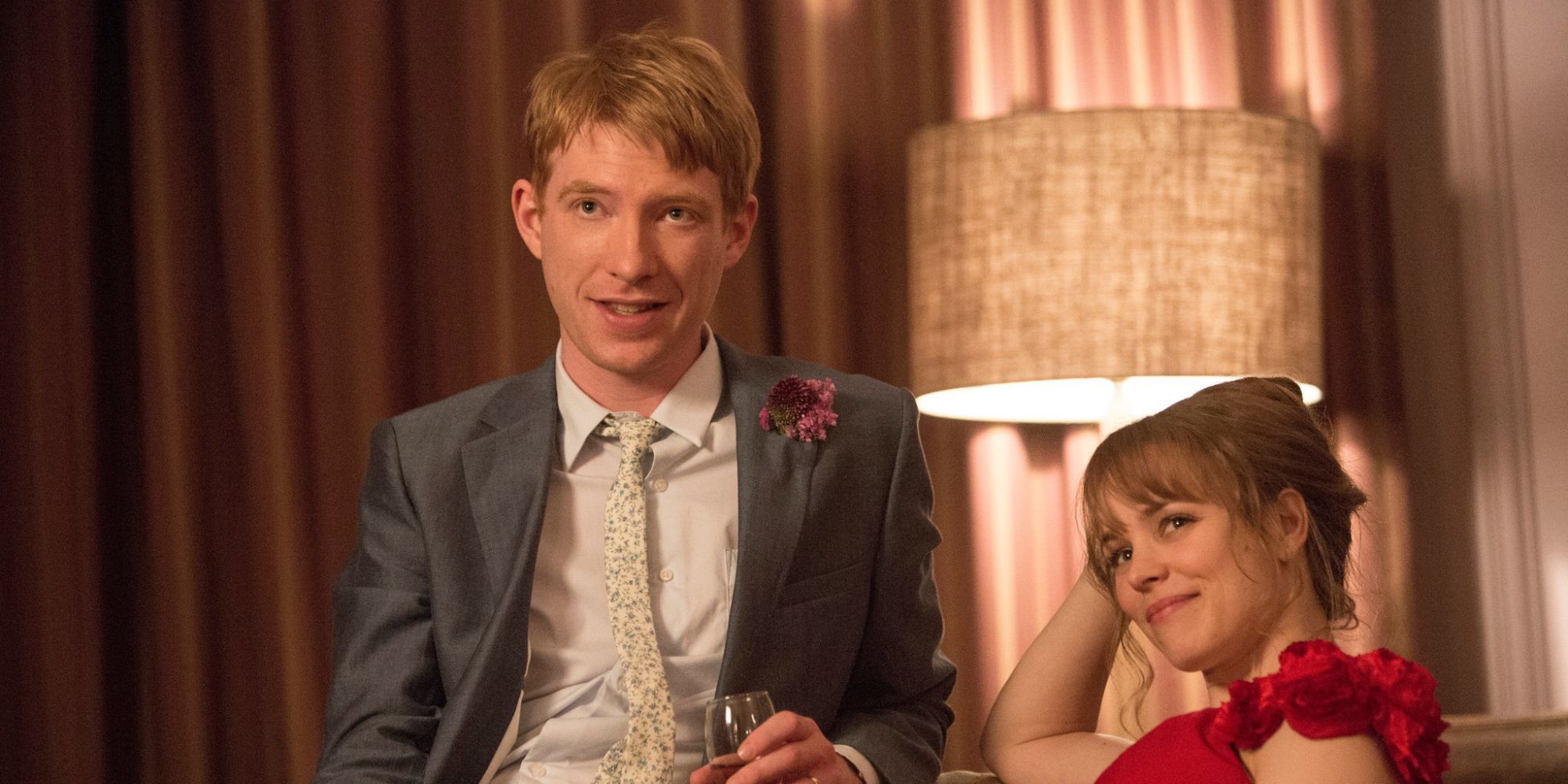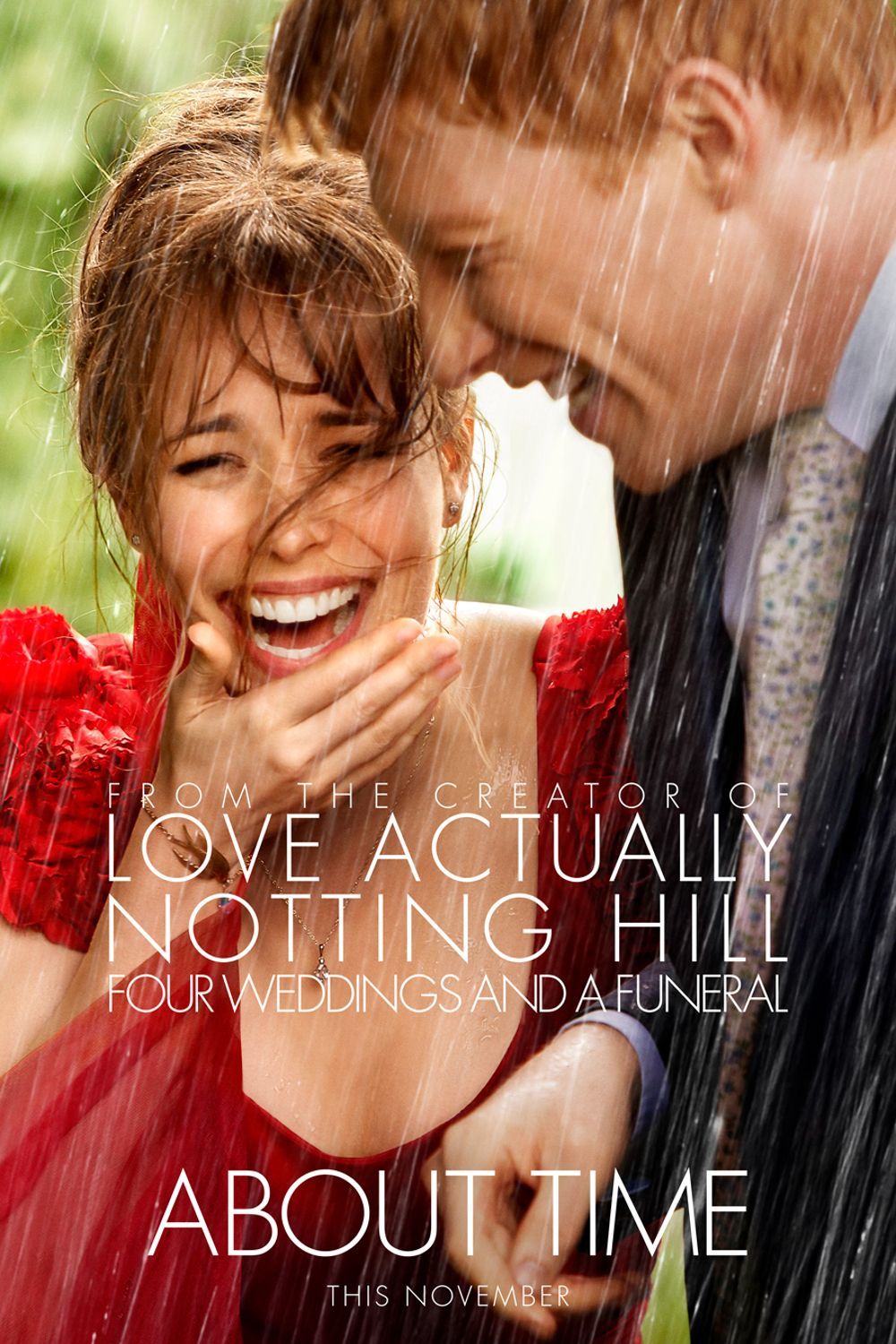There are few films about time travel that are as delightful as Richard Curtis‘ 2013 romantic comedy, About Time. Starring Domhnall Gleeson and Rachel McAdams, About Time stands out for numerous reasons, but perhaps the most remarkable aspect is the unique approach to time travel. Unlike most time-travel narratives that rely on elaborate machines, Curtis presents time travel in a more organic and deeply personal manner. This film has become one of my all-time favorite representations of time travel, and its charm and emotional resonance make it truly unforgettable.
Discover the Unique and Personal Approach to Time Travel in ‘About Time’
About Time presents a fascinating interpretation of time travel: every man in Tim?s (Gleeson) family possesses the ability to revisit moments from their past simply by focusing intently on those specific memories. They do not require a flux capacitor or a police box to navigate through time; their only limitation is their own recollection. With the Lake family lineage all capable of time travel, the film teases numerous potential time travel paradoxes and contradictions. However, it maintains a coherent narrative throughout. The mechanics of time travel are secondary to character development and emotional depth. Richard Curtis emphasizes that while Tim can alter past events, everything unfolds on a singular timeline, preventing him from encountering a younger version of himself, even though he can inhabit his younger body.
Indeed, while specific events may shift, About Time beautifully illustrates that Tim’s history is rewritten in real-time, avoiding the chaotic branching of timelines. For example, when Tim encounters Rachel McAdams’ character Mary, he initially obtains her number, but after traveling back to that night to assist his friend Harry (Tom Hollander) with a play, he inadvertently loses Mary’s number. This twist compels him to devise a new strategy to meet her. Perhaps the most significant lesson Tim learns?and one that resonates with audiences?is that some past events are immutable. This is poignantly depicted through his sister, Kit Kat (Lydia Wilson), who suffers a car accident while intoxicated. Despite Tim’s attempts to alter these events, the resulting changes ripple through their lives, ultimately leading to the disappearance of Tim and Mary’s daughter, Posy, replaced by a son he never knew.
While time travel allows Tim to revisit the past, it profoundly alters the world he inhabits. He learns that even he cannot manipulate fate, and that his past decisions echo into the present and future, reminding us that certain pivotal moments are fixed. This understanding sets About Time apart from films like Back to the Future, where characters can rewrite their entire familial history. Although I cherish that film, it raises questions about its own logic, such as how Marty (Michael J. Fox) could still exist after altering the timeline so drastically. In contrast, About Time insists that Tim must undo his assistance to Kit Kat in the past to restore Posey in the present, ultimately guiding her toward a healthier resolution: confronting her addictions and choices in real-time rather than wishing them away.
Unravel the Heartfelt Life Lessons Embedded in ‘About Time’
The film?s ultimate revelation is what truly makes the time travel work, as Tim learns to embrace each day as it comes. This realization represents the genuine gift of life. Although he initially, like his father (Bill Nighy), chooses to travel back in time to relive each day, he ultimately chooses to stop time traveling altogether and live each day as if he were experiencing it for the second time. This perspective can be challenging to adopt and might be dismissed as overly sentimental, but it invites us to consider: how much richer is life when we approach it this way? How much more beautiful do the people and experiences we encounter become? By appreciating each moment, we learn to value what we have and contribute positively to those around us.

Related
Francis Ford Coppola’s History of Very Good (and Very Bad) Time Travel and Fantasy Movies
The ‘Megalopolis’ and ‘Godfather’ director transcends space and time.
About Time is a remarkable film that embodies the enchanting idea of reliving cherished moments and redeeming past mistakes. Ultimately, Tim realizes that the true essence of life lies in simply living it fully! Time is not guaranteed to anyone; this lesson becomes painfully clear when Tim faces the unexpected loss of his father. However, if we learn to savor each moment, we discover that we have truly embraced life without missing out on any precious experiences.




